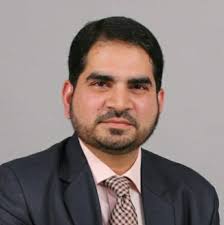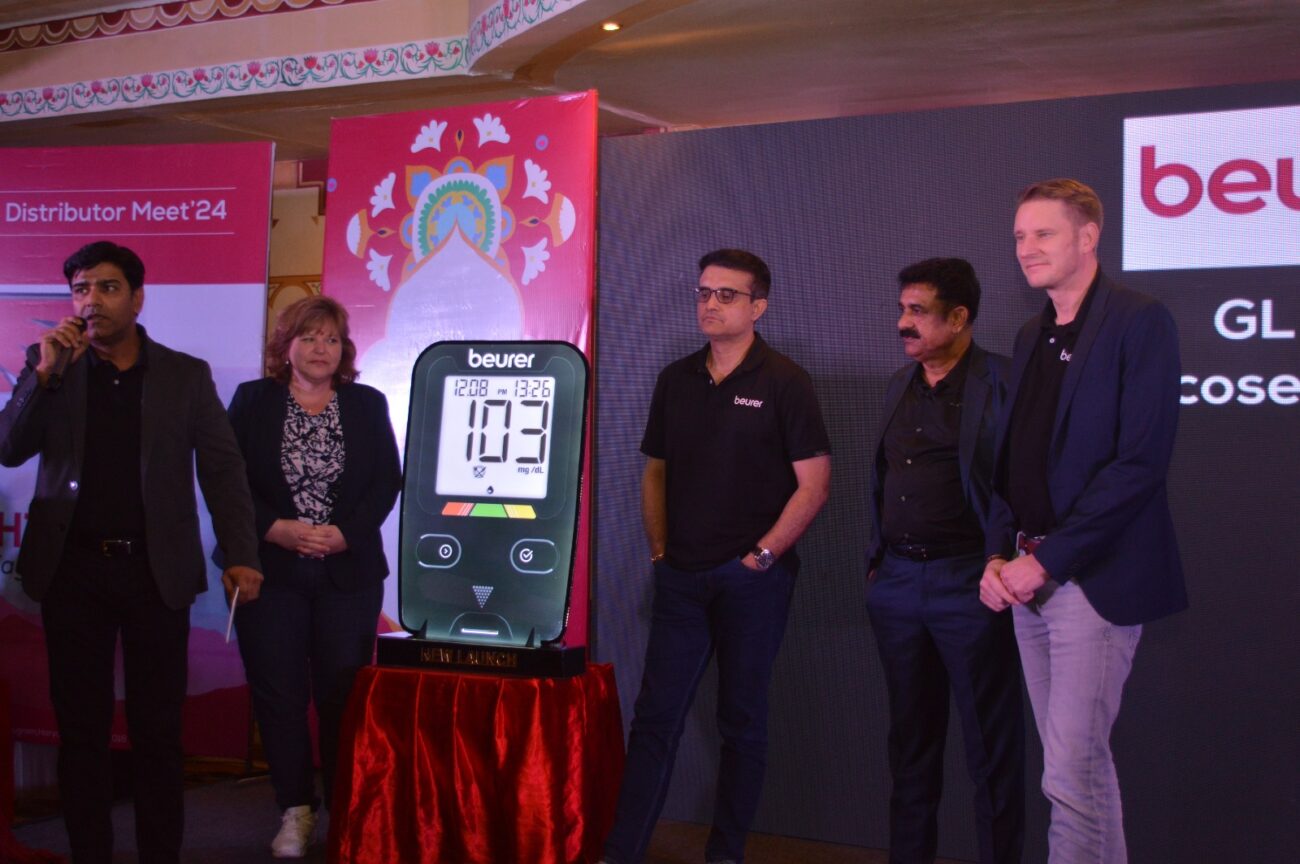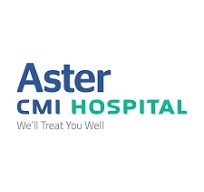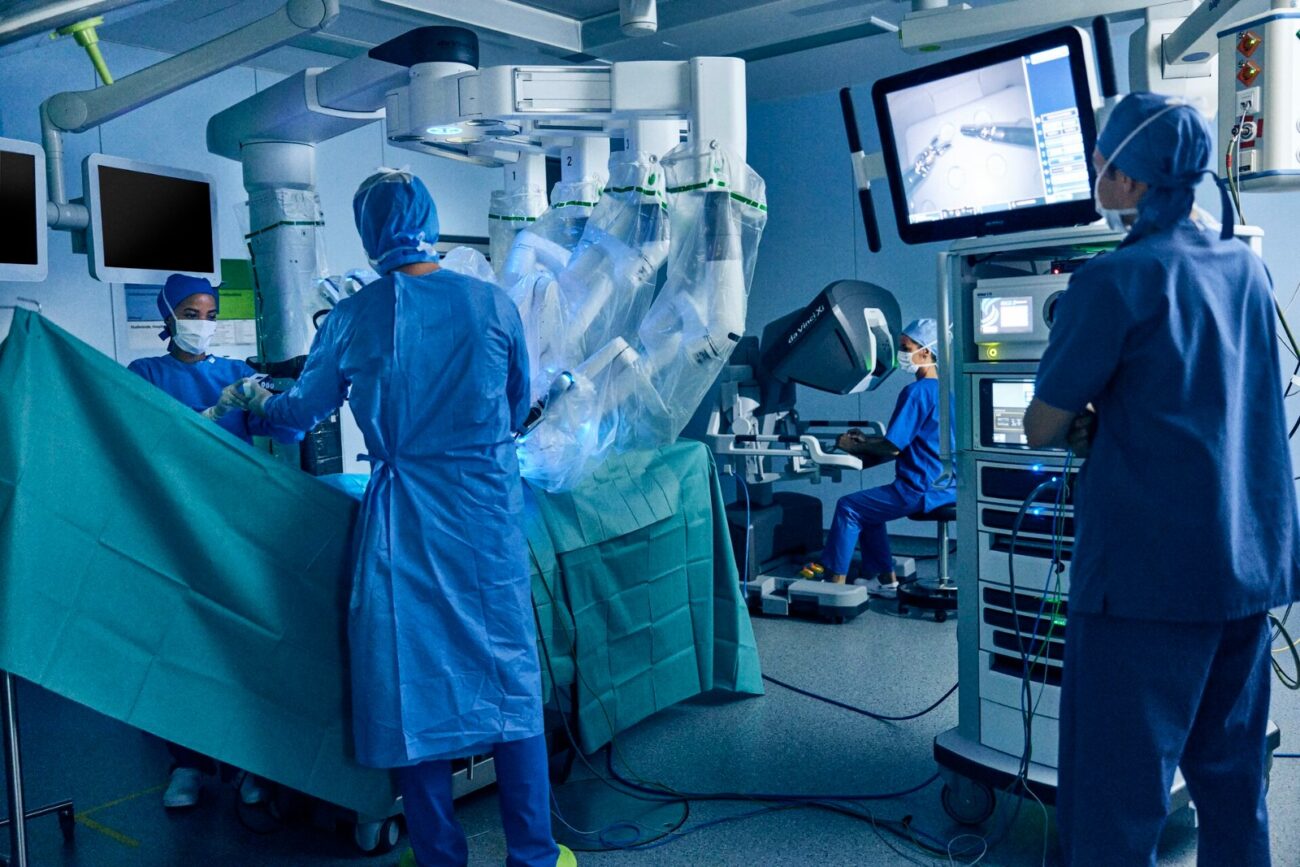India’s Medical Devices Industry Set to Grow fivefold by 2030, Says Dr Rajeev Singh Raghuvanshi, Drugs Controller General of India at PHDCCI Conference
PHD Chamber of Commerce and Industry organized conference on the classification of health products “Health Horizons: Defining the Future of Health Products” at PHD House, New Delhi. The event brought together key industry leaders and
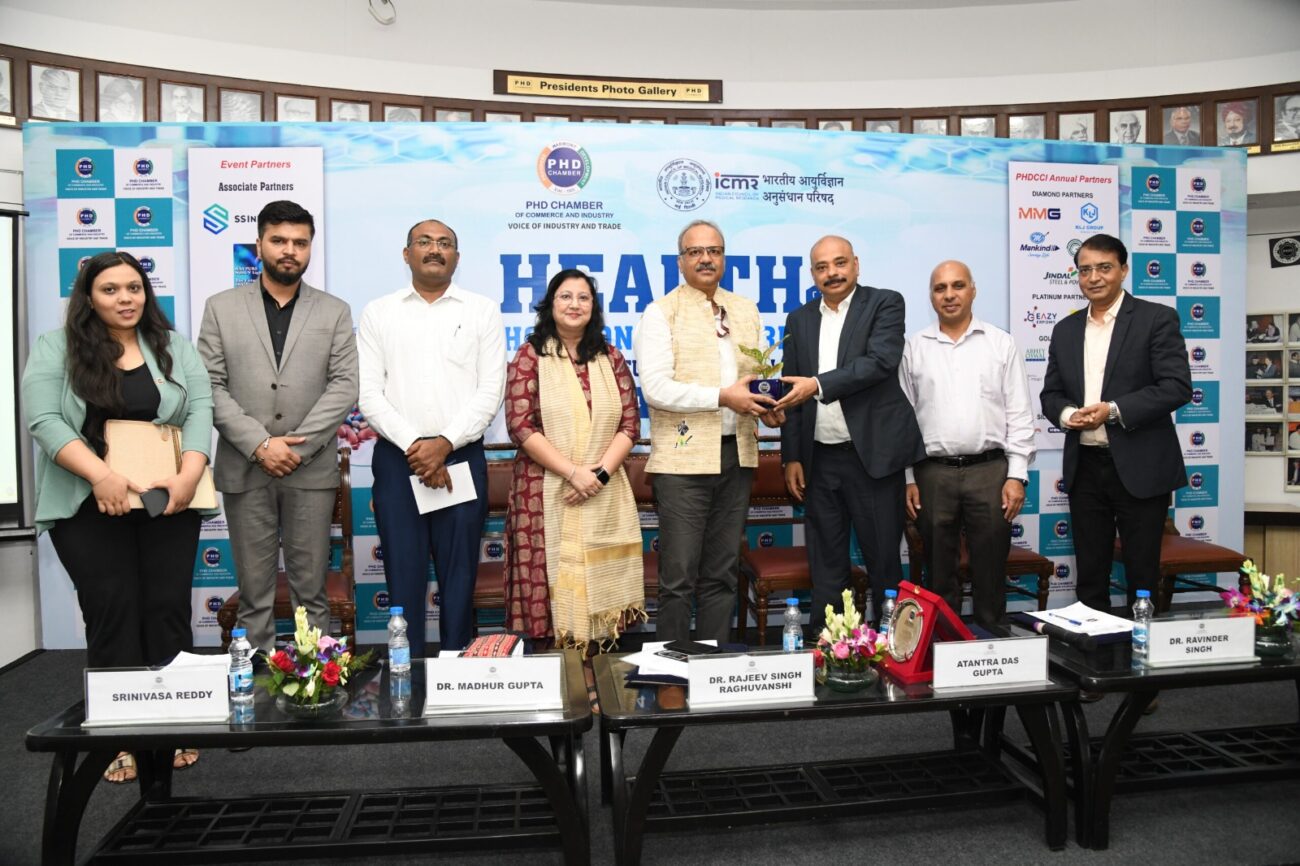
PHD Chamber of Commerce and Industry organized conference on the classification of health products “Health Horizons: Defining the Future of Health Products” at PHD House, New Delhi. The event brought together key industry leaders and policymakers to discuss the future of health products in India.
Dr. Rajeev Singh Raghuvanshi, DCGI, CDSCO, Ministry of Health and Family Welfare, Government of India, graced the event as the Chief Guest.
India currently imports 80% of its medical devices, with only 20% domestically manufactured. The government has introduced numerous incentives, schemes, and policy interventions to shift this balance. Dr. Raghuvanshi noted the licensing of over 3,200 manufacturing units and 10,000 import licenses within one and a half years, showcasing significant progress.
He stressed the need to reverse the import-manufacture ratio and achieve a net positive trade in medical devices. “For in vitro devices, we currently have about 280 manufacturing licenses and around 900 import licenses. Despite manufacturing many in vitro devices domestically, almost 100% of the reagents used are imported. This area holds significant business potential and opportunities”, he stated.
Dr. Raghuvanshi also underlined the benefits of regulation, including quality monitoring and international acceptance, which collectively boost industry growth. According to him, “Regulating an industry provides many advantages, the foremost being quality monitoring and standardization, which is critical in healthcare as it deals with people’s lives. A regulated industry builds international confidence in the products manufactured, boosting growth. Projections indicate that by 2030, the industry could grow to about $50 billion, which is five times its current size”.
Drawing from his experience in the pharmaceutical sector, Dr. Raghuvanshi warned against compromising quality for profitability. He highlighted unethical practices and emphasized the need for industry-wide commitment to high ethical and quality standards, given the healthcare sector’s critical impact on human lives.
Dr. Madhur Gupta, Technical Officer at the World Health Organisation, echoed the need for India to develop in-house reagents for diagnostic kits within the next three to five years. Aligning with the Make in India and Atmanirbhar Bharat initiatives, this shift would not only reduce costs but also improve access. Dr. Gupta mentioned WHO’s focus on creating strategic and regulatory pathways for multiplex diagnostic kits, which can diagnose multiple diseases from a single blood drop. She highlighted ongoing developments in this area through public sector enterprises and major science agencies like BIRAC and ICMR and called for a unified approach to strengthen diagnostic schemes in collaboration with Indian states.
Mr. Srinivasa Reddy, Sr. VP – Operations, QRA, and Government Affairs at S S Innovation, discussed the Union Health Ministry’s interim Budget for 2024-2025, which has seen a 12.59% increase, allocating Rs 90,658.63 crore. He noted significant allocations for health and family welfare, AB PM-JAY, and the National Health Mission. Mr. Reddy highlighted the reduction in import dependency in the Indian medical devices sector to 70-80% from over 90% in 2015, despite a rise in high-end medical device imports. He stressed the need to strengthen the “Make in India” program by opening PLI for advanced medical devices, correcting duty structures, and enhancing support for local manufacturing. He also underscored the importance of a standardized nomenclature for medical devices to ensure patient safety and regulatory compliance.
Dr. Ravinder Singh, Senior Scientist at ICMR, outlined how proper classification ensures standardization, regulatory compliance, and effective healthcare delivery, facilitating focused research, targeted innovation, efficient resource management, and enhanced patient safety.
Mr. Atantra Das Gupta, Co-Chair of the Medical Device Committee at PHDCCI and Head of Samsung HME, highlighted PHDCCI’s role in promoting the Indian industry and the critical importance of health product classification for standardization, regulatory compliance, and effective healthcare delivery.
The conference also featured a dedicated session on the definition and categorization of health products, emphasizing their roles in preventing disease, promoting health, managing health problems, and providing rehabilitative, assistive, or palliative care.
The session, chaired by Dr. Kamal Kishore, Professor & Head (Retd.), Department of Pharmacology at AIIMS, New Delhi, featured a diverse panel of experts. Dr. Azadar Khan, Senior Vice President of India Regulatory Affairs & Corporate Relations at Sun Pharma Ltd, spoke on drugs and medicines. Mr. Neeraj Gupta, Founder and CEO of Genes2Me Pvt. Ltd, addressed diagnostics, while Dr. Ravinder Singh, Senior Scientist at ICMR, discussed assistive products. Mr. Praveen Srivastava, Senior Director at CDAC, MeitY, explored digital and health technology. Mr. K. Vijay Kumar Gupta, CEO of Kwality Photonics, RAYPURE-LEDchip Indus Pvt. Ltd, presented on human-friendly disinfection through lighting. Lastly, Dr. Salaj Rana, Scientist at ICMR, highlighted convergence augmentative technology (CAT).
Before the conclusion of the conference, two special addresses were delivered. Mr. Avijit Bansal, Fellowship Director at the National Center for Assistive Health Technology, AIIMS, New Delhi, gave a compelling talk on “Fostering Med-tech Innovation in India.” Following this, Mr. Rajiv Nath, Managing Director of Hindustan Syringes & Medical Devices Ltd., presented a special address on “Creating a Manufacturing Ecosystem in Medical Devices.”
This important conference was well attended by more than 100 industry delegates from the healthcare sector and was supported by ICMR and was sponsored by SS Innovation and Raypure.



